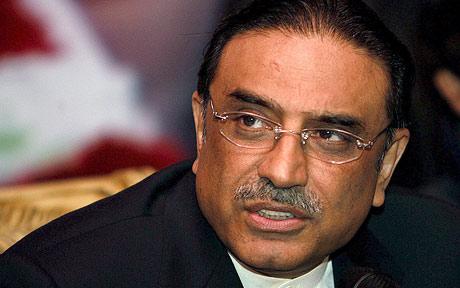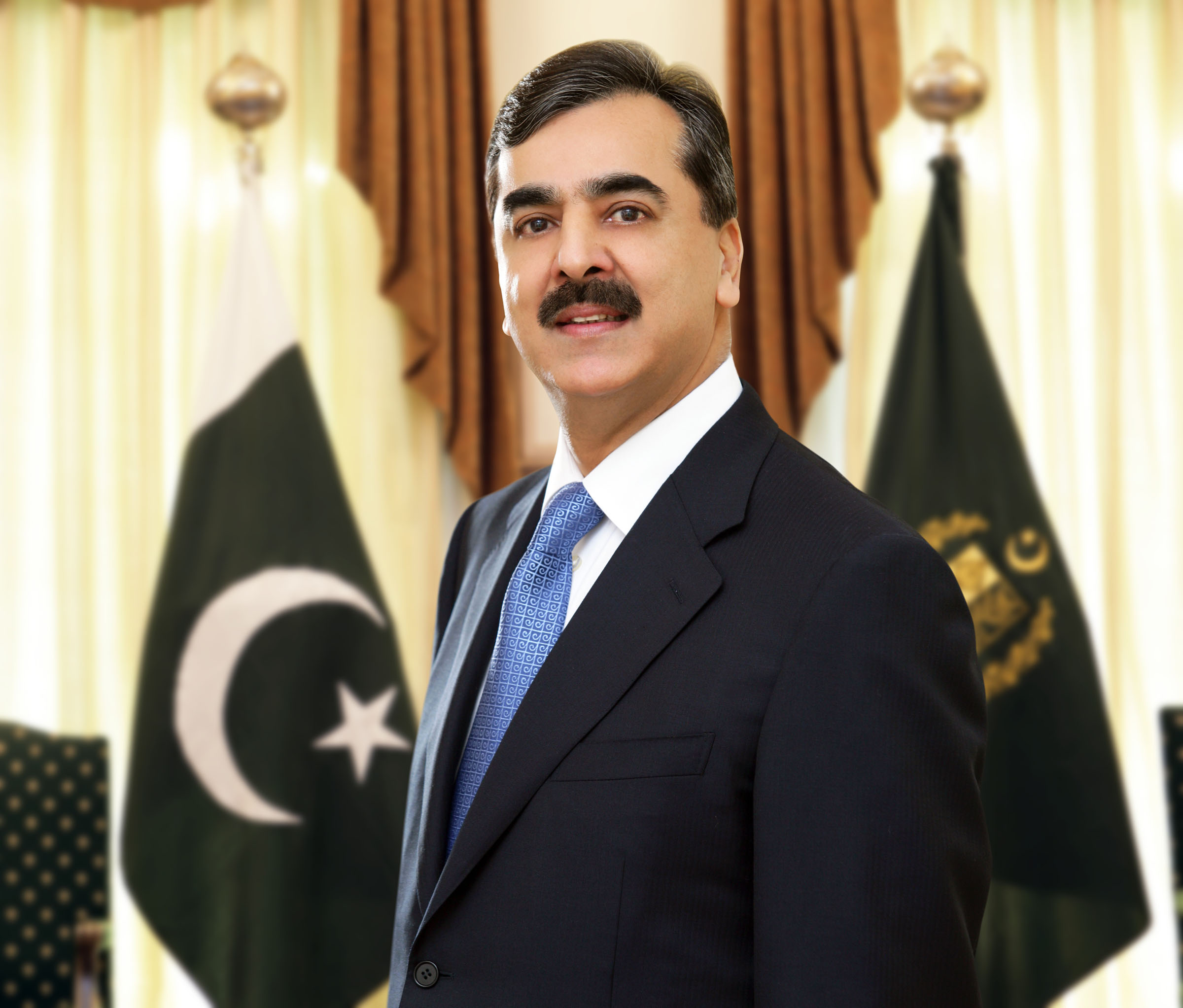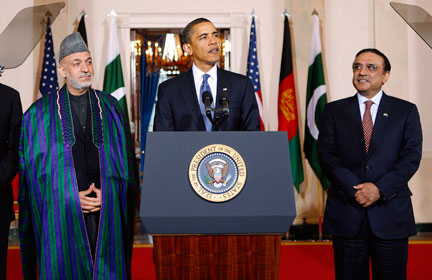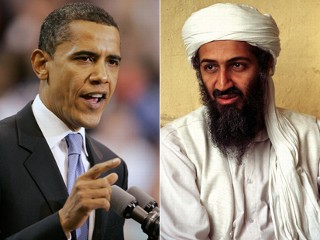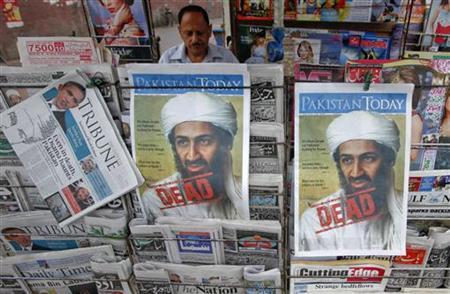U.S. Unilateral Action Hurts Public Sentiments: Pak President
ISLAMABAD, May 27 (Xinhua) -- The unilateral action taken by the U.S.…
Pakistan to Take Preemptive Actions Against Terrorism
ISLAMABAD, May 26 (Xinhua) -- Pakistan's top defence body has decided to…
Have to be vigil of Troubled Neighbourhood: Chidambaram
BeyondHeadlines Staff Reporter New Delhi: Home Minister P. Chidambaram expressed his sympathy…
Terror Attack at Pak’s Army Base in Karachi
ISLAMABAD, May 23 (Xinhua) -- At least nine people including three troops…
Pakistan Obsessed with India; See India as Existential Threat: Obama
M Reyaz BeyondHeadlines In an interview to BBC US President Barack…
Trilateral meeting of Pakistan, Afghanistan and US to Discuss Peace, Reconciliation in Afghanistan
ISLAMABAD, May 21 (Xinhua) -- A trilateral meeting of senior officials of…
Pakistan launches operation to nab al-Qaida remnants after Osama’s killing
By Muhammad Tahir ISLAMABAD, May 21 (Xinhua) -- Pakistani security agencies are…
8 killed in Rocket Attack in Quetta, SW Pakistan
ISLAMABAD, May 6 (Xinhua) -- At least eight people were killed early…
Obama, Osama and Politics of Oil Hunger
Ram Puniyani The military operation (May 2nd 2011) which killed Osama bin…
Special Report: Why US Mistrusts Pakistan’s Spy Agency
Chris Allbritton and Mark Hosenball Islamabad/Washington (Reuters): In 2003 or 2004, Pakistani…

